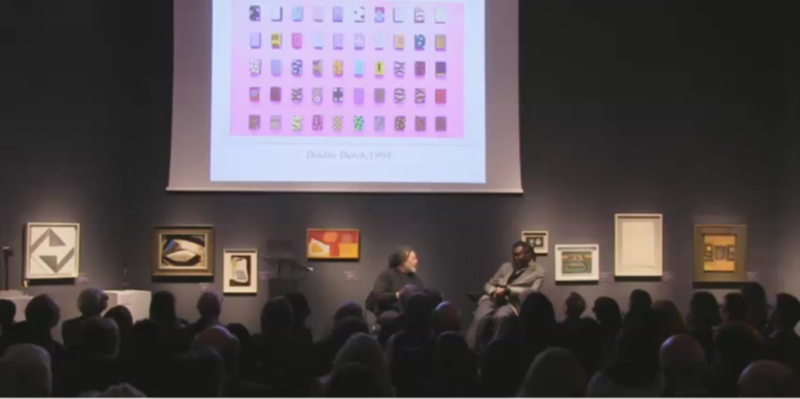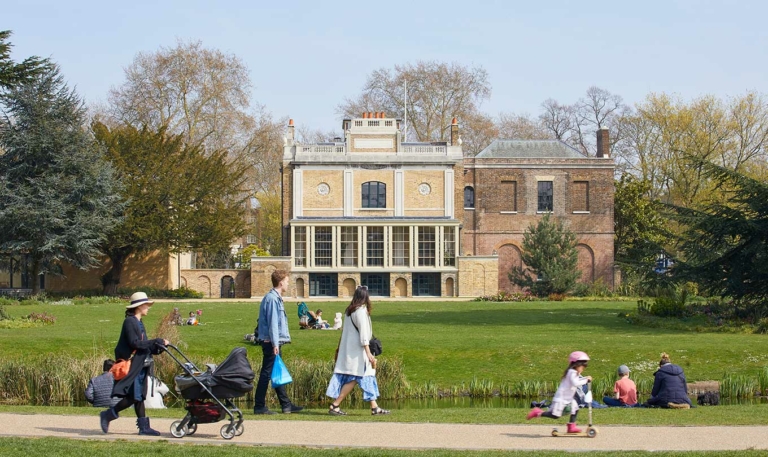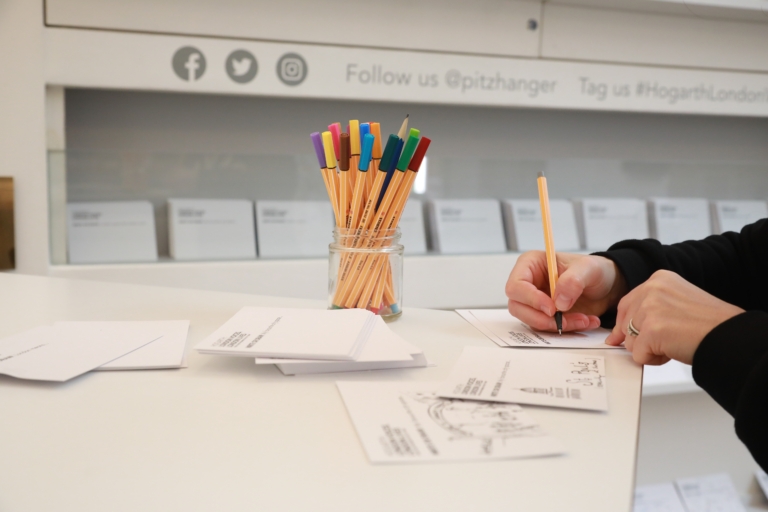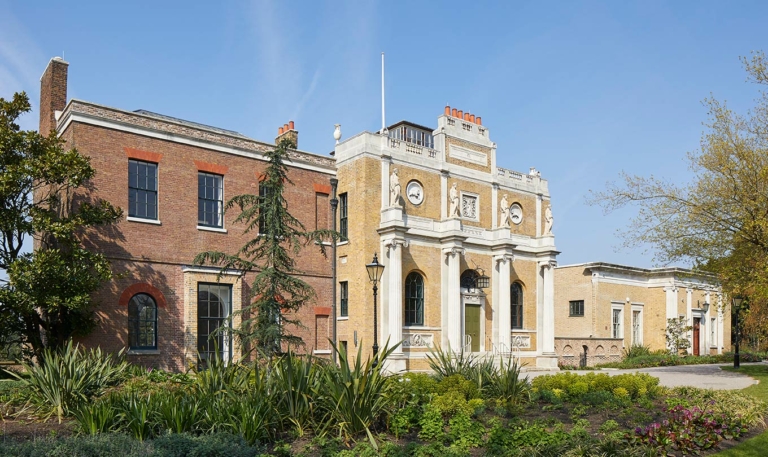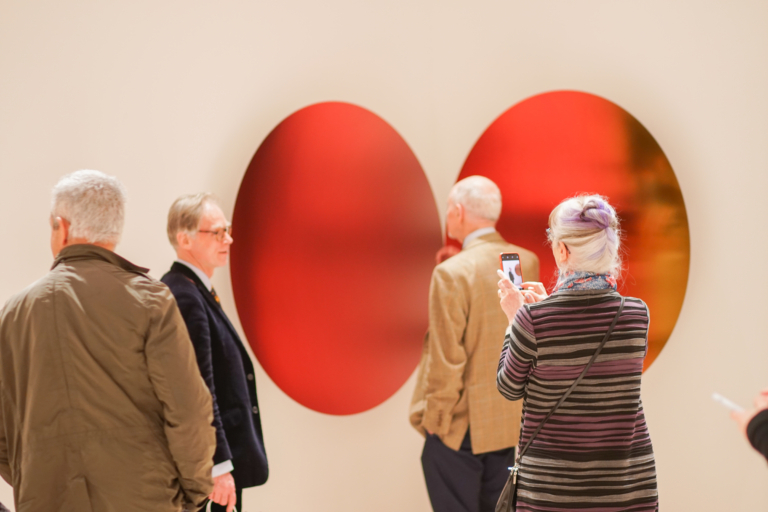The Pitzhanger Lecture 2018
Yinka Shonibare CBE in conversation with Professor Paul Gilroy
Since Pitzhanger Manor & Gallery has been closed to the public from 17 March due to coronavirus we have had to cancel our programme of planned activities, events and talks. Whilst we remain closed we are excited to share with you extracts from The Third Pitzhanger Lecture from the archive.
In 2018 Pitzhanger invited Yinka Shonibare CBE to discuss his work in conversation with Professor Paul Gilroy. Their discussion about Shonibare’s work feels very relevant today, touching on race, class and the construction of cultural identity. Shonibare & Gilroy put forward a sharp political commentary of the tangled interrelationship between Africa and Europe and their respective economic and political histories and its relationship to Shonibare’s work.
The lecture will be released in three parts: Shonibare’s early life, career and public art. We are very grateful to Christie’s for generously welcoming us to hold the lecture in King Street while Pitzhanger was undergoing major conservation.
Part 1: Early Life
“It occurred to me that if you made work about being black you would be the black artist who makes work about being black, but if you didn’t make work about being black you would be the black artist who doesn’t make work about being black. “
Yinka Shonibare MBE
Part 2: Career
Part 3: Public Art
The Pitzhanger lecture
Inspiring new generations with art, architecture and design.
Pitzhanger Manor is the newly restored country home of Sir John Soane, one of Britain’s most influential architects. Designed and built by Soane 1800-04 in what is now west London, it is a remarkable example of Soane’s distinctive architecture and design. Pitzhanger Gallery hosts an ambitious programme of contemporary exhibitions that cast a new light on Soane’s architecture and designs.
The annual Pitzhanger Lecture, inspired by Soane’s Royal Academy Lectures from 1810, reanimates Soane’s own passion to inspire new generations with art, architecture and design.

